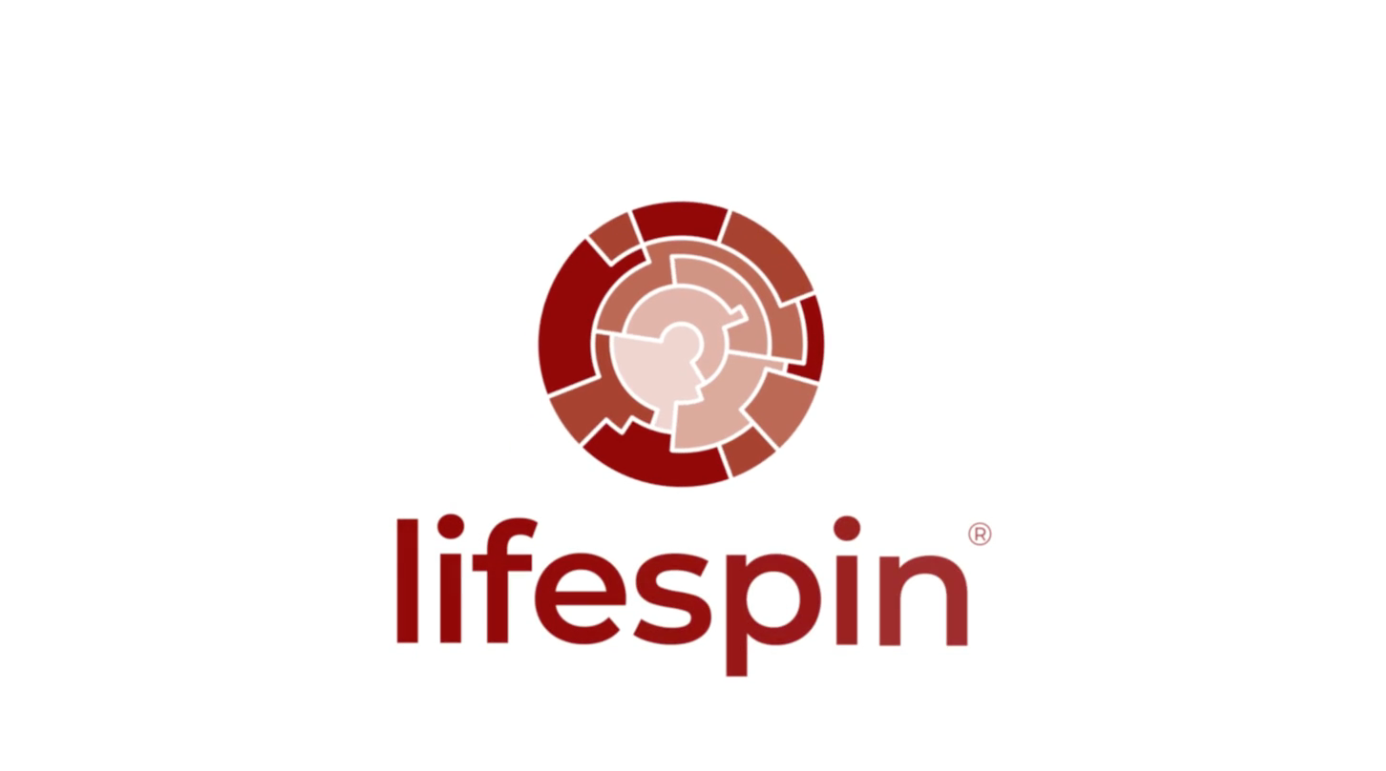In his keynote at the Health 2.0 Conference in Dubai, Dr. Ali Tinazli painted a vision of how creating digital twins could profoundly enhance patient care through precision medicine. As the CEO of Lifespin GmbH explained: “We turn analog blood, basically the traditional blood sample, into digital blood. When you digitize blood, you can access it, you can interrogate blood with algorithms.”
The key innovation lies in leveraging AI and metabolomics data to generate highly accurate virtual models mirroring a patient’s real-time health status.
“We basically generate the digital twin of the patient, then we compare this against hundreds of thousands of people,” Tinazli said. “If you ask me what we do with the AI, we compare people — very basic.”

However, enabling this “digital blood” analysis at scale required major strides in measurement precision and cost efficiency. Tinazli highlighted how Lifespin’s approach based on advanced nuclear magnetic resonance (NMR) spectroscopy achieved “extremely precise” quantitative metabolite measurement through physics rather than error-prone chemical assays.
Just as importantly, the highly automated process keeps costs low enough for widespread adoption. As Tinazli revealed: “How much would you say it costs to digitize one patient and do all this analysis?…It costs about less than $10 to digitize one patient profile. My interest is not to sell a Rolls-Royce, my interest is to sell a Toyota — it should be affordable for everyone.”
With this technological foundation, Lifespin aims to create an “omni-intelligent health system” capable of recognizing and diagnosing a vast range of diseases from metabolic fingerprints.
“Our endgame is basically to build a Lifespin deep health AI which is an omni-intelligent system being able to recognize all types of diseases,” said Tinazli.
He drove home the immense potential impact: “The populations we can speak to, given the cost structure and the scalability, is realistically achievable. It will take a couple of years, just as healthcare is, but we are extremely bullish about our outlook.”
Whether for prevention, early diagnosis, treatment selection or monitoring, Tinazli predicts digitized metabolic twins becoming a cornerstone of 21st century precision medicine.
“The beauty of health information is it matters to everyone in all types of life settings. Ultimately, health information is one of the most precious assets — even more valuable than financial information,” he said.
Through melding advanced AI, high-throughput metabolomics and cloud-based analytics, digital twins could soon allow clinicians to understand each patient’s biochemical individuality and craft truly personalized care. As Tinazli shared, this capability to map human biology at a deeper level represents no less than the future of healthcare.
If you found this article to be informative, you can explore more current Digital Twin news here exclusives, interviews, and podcasts.













